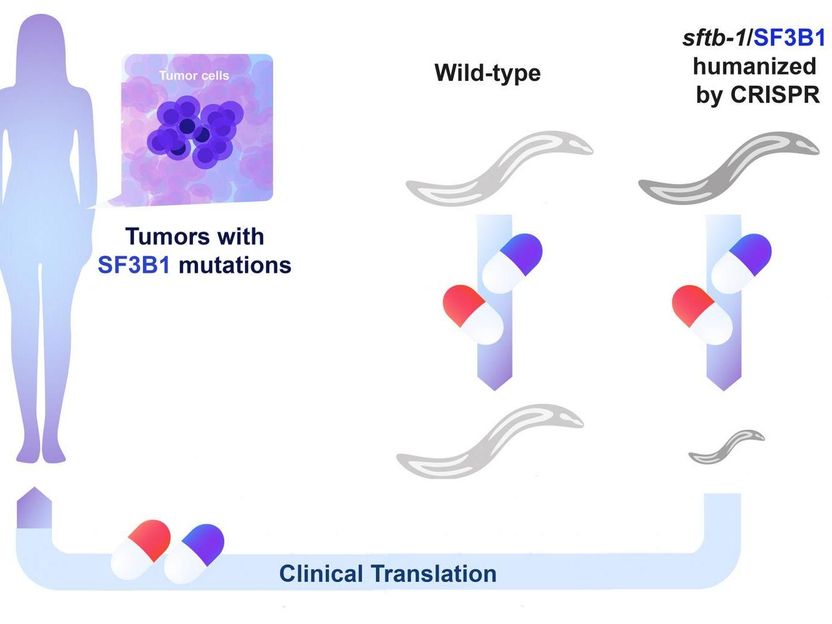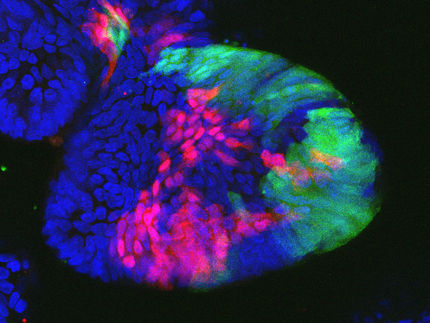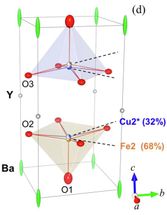CRISPR-edited C. elegans identifies vulnerabilities in cancer
At first glance, a one-millimeter worm that needs to be observed with a magnifying glass does not resemble a human being at all. However, the nematode Caenorhabditis elegans, an animal model widely used in biomedical research by hundreds of laboratories around the world, has approximately the same number of genes that humans have, about 20,000. In addition, most human disease-causing genes have their counterparts, or orthologs, in C. elegans worms. Thus, for example, the human SF3B1 gene, which is mutated in different types of cancers, mainly in leukemia but also in some breast or prostate tumors, is very similar to the sftb-1 gene of C. elegans worms. In fact, when the amino acid sequence of the human SF3B1 protein is observed in its most cancer-affected regions, 89% of the amino acids are identical. Precisely, some of these amino acids conserved from worms to humans, including those that are mutated in some tumors.

Humanizing worms makes them sensitive to a cancer drug and identifies weak points of tumor cells
IDIBELL
A group of researchers led by Dr Julián Cerón of the Bellvitge Biomedical Research Institute (IDIBELL), has taken advantage of the similarity between these amino acids and their experience in CRISPR gene editing to mimic in C. elegans, the SF3B1 mutations found in tumors.
These investigations have allowed the use of worms to identify possible weaknesses or vulnerabilities of cancer cells carrying mutations in SF3B1. Thus, the researchers point to three other splicing factors, which work together with SF3B1 in the processing of messenger RNA, as targets for therapeutic molecules that kill cancer cells harboring mutations in SF3B1 but not normal cells. This research, which is part of the doctoral thesis of Xènia Serrat, and in collaboration with researchers from the Pasteur Institute in Paris, has just been published in the journal PLoS Genetics.
IDIBELL researchers have not only reproduced the mutations of cancer patients in worms, but they have also humanized the region of the SF3B1 protein that binds to Pladienolide B, a molecule from which drugs that are in clinical trials for the treatment of cancer have been derived. This advancement will allow the testing of more molecules derived from Pladienolide B, with the goal of selecting the most efficient as an anti-tumor agent.
Thanks to CRISPR technology, in which Dr. Cerón's group is a specialist, the functional replacement of C. elegans proteins with their human counterparts will allow these humanized worms to be used as models for investigating the mechanisms of different diseases and use them as tools of prognosis, and as a platform for seeking new drugs in a fast, efficient, and ethically responsible manner.
Original publication
Most read news
Original publication
Xènia Serrat et al.; "CRISPR editing of sftb-1/SF3B1 in Caenorhabditis elegans allows the identification of synthetic interactions with cancer-related mutations and the chemical inhibition of splicing"; PLOS Genetics; 2019
Organizations
Other news from the department science

Get the analytics and lab tech industry in your inbox
By submitting this form you agree that LUMITOS AG will send you the newsletter(s) selected above by email. Your data will not be passed on to third parties. Your data will be stored and processed in accordance with our data protection regulations. LUMITOS may contact you by email for the purpose of advertising or market and opinion surveys. You can revoke your consent at any time without giving reasons to LUMITOS AG, Ernst-Augustin-Str. 2, 12489 Berlin, Germany or by e-mail at revoke@lumitos.com with effect for the future. In addition, each email contains a link to unsubscribe from the corresponding newsletter.





















































